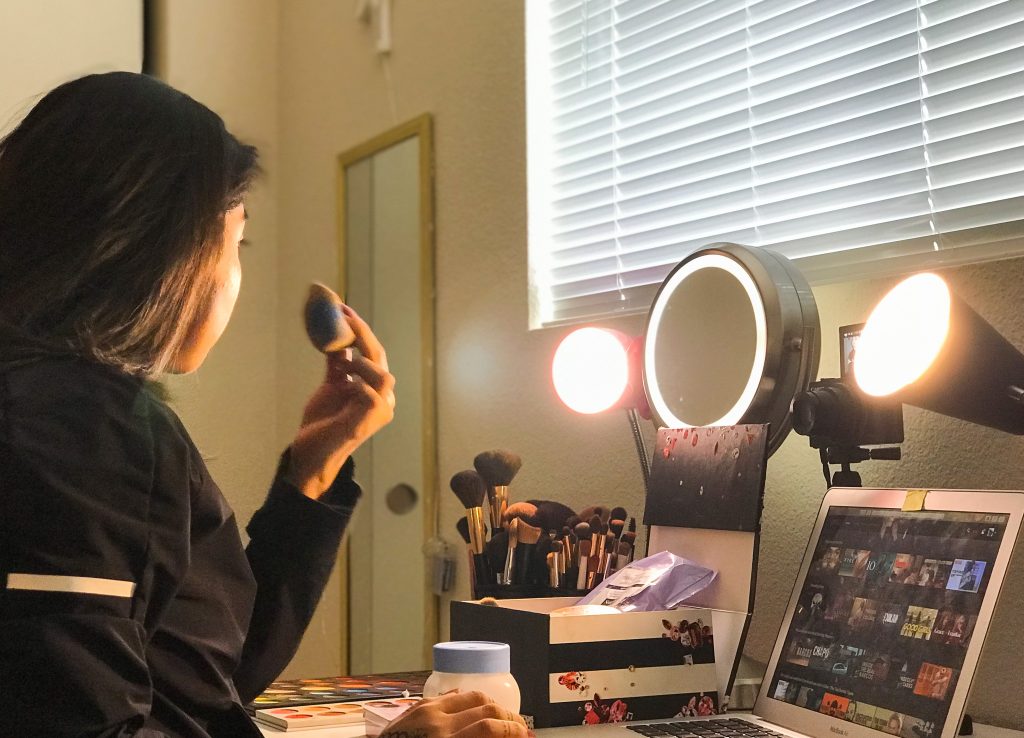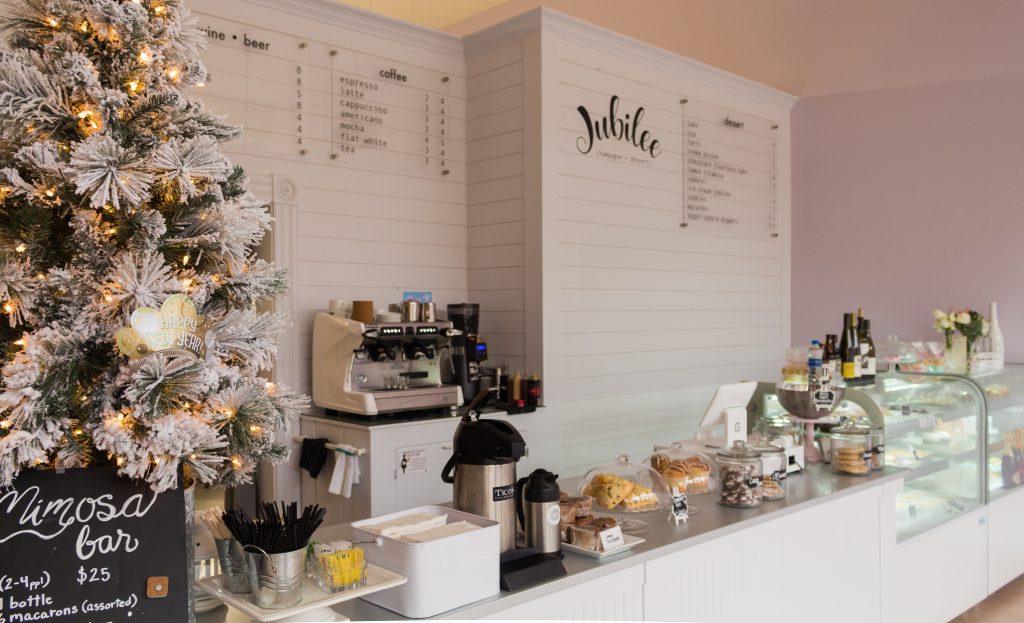Rebecca Meyers | Lifestyle editor
Armed with caffeine and study guides, students of Western are starting to take on their first midterms of 2019. If anyone made new year’s resolutions to study more, they will be tested starting this week.
In order to help everyone breeze through their midterms, or maybe just survive them with minimal panic involved, some of Western’s students offered their advice.
Grad student group Tanya Stanley, Mackenzie Gallo, Sara Chavez and Jonathan West-Gray had an abundance of tips from years of experience.
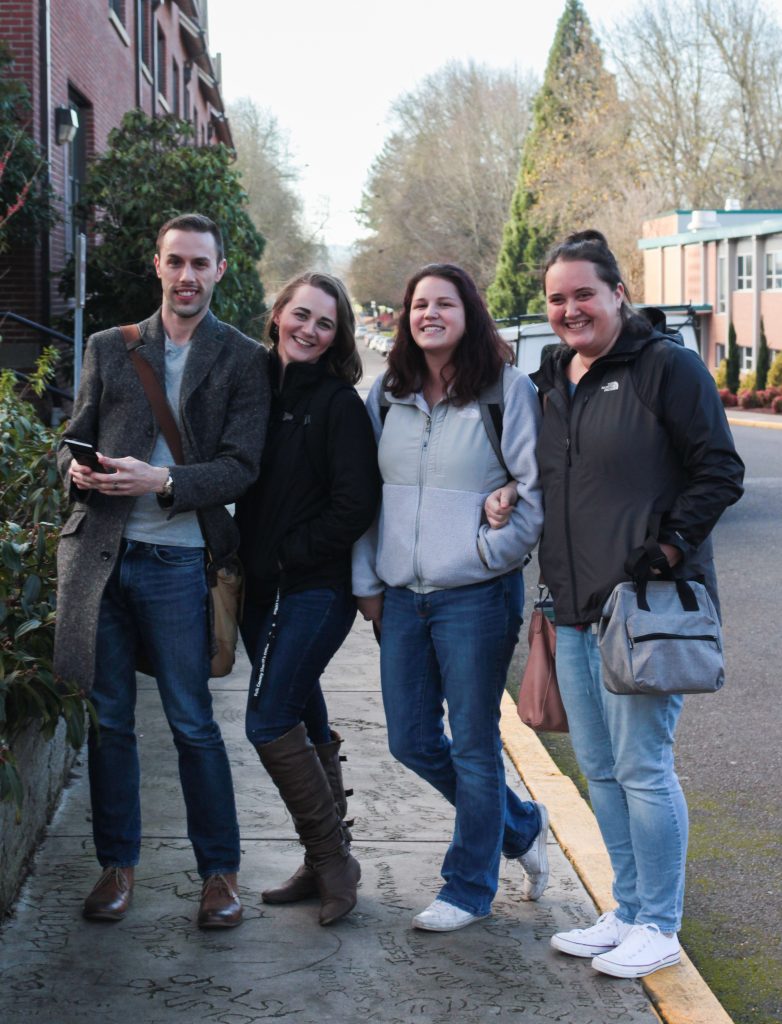
Chavez: “Don’t panic. Get organized, set up a schedule.”
Stanley: “It may seem obvious, but sleep. And eat. It’s important.”
Gallo: “Use the rentable study rooms in the library.”
West-Gray: “Use a planner; space out your studying.”
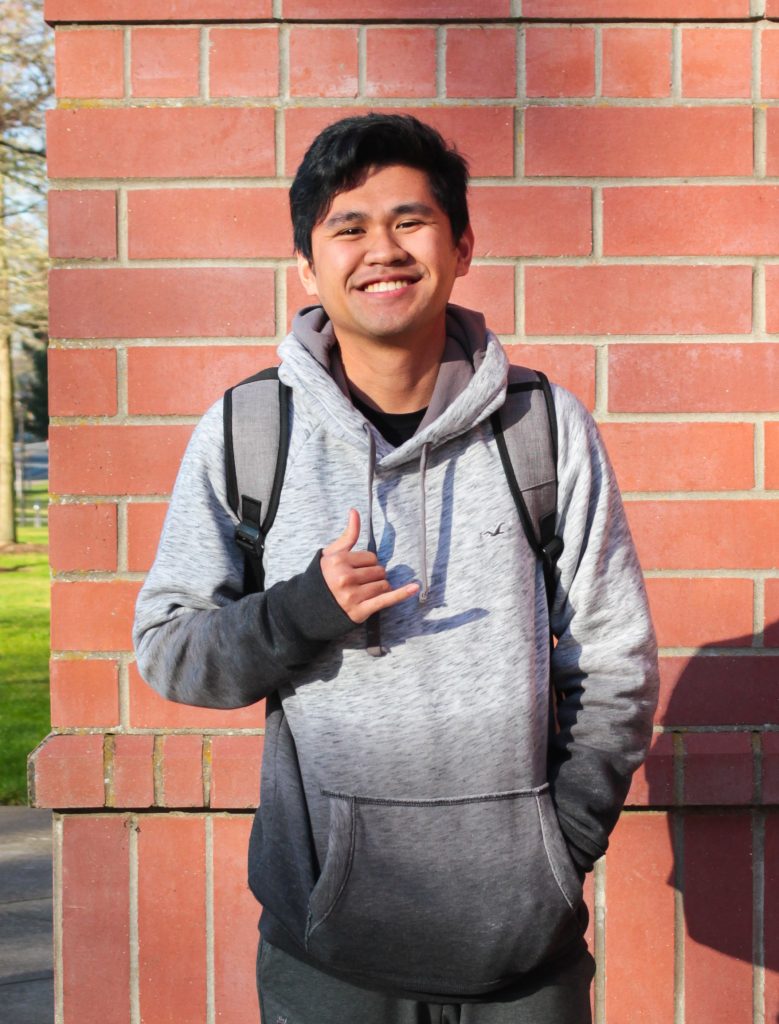
Keith Macadangdang, a business major: “Persevere! Power through, even when all you want to do is watch Netflix.” Macadangdang, who is minoring in dance, has five finals this term.
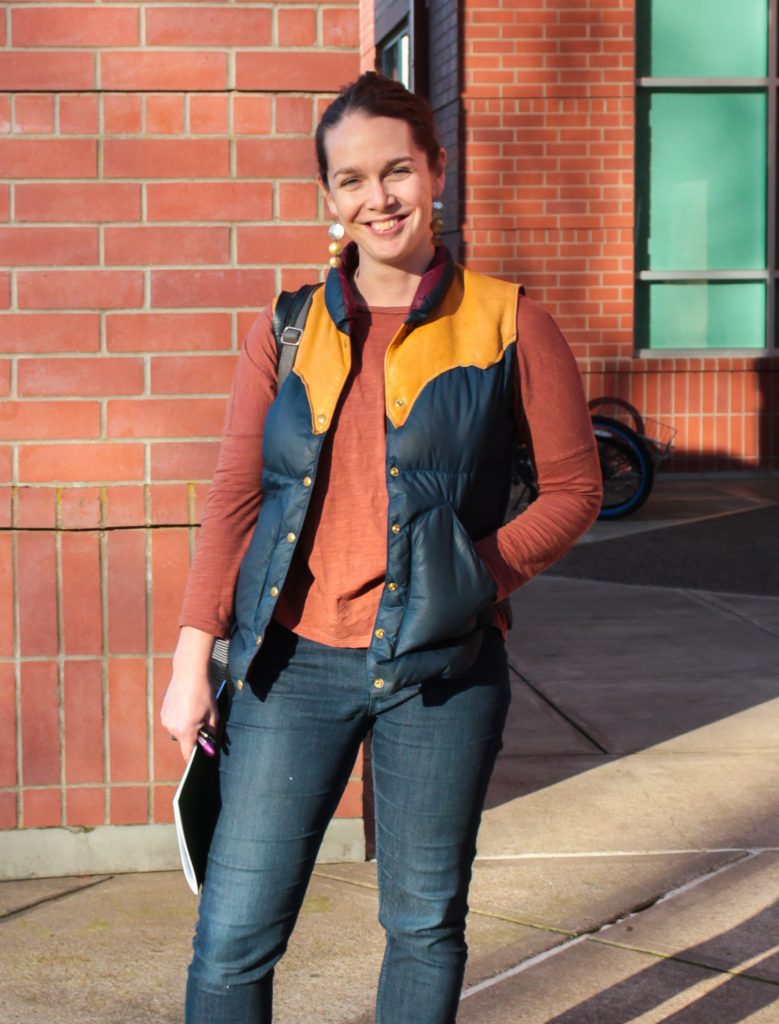
Rebecca Chadd, a Western alumna: “Actually write out the practice essay questions on the study guide. Don’t just read over the questions and assume you know it all. Writing it out will help you find gaps in what you know and make you more confident.” Chadd graduated with a double major in dance and Spanish, and is still active in Western’s community.
Contact the author at howllifestyle@wou.edu
Photo courtesy of Rebecca Meyers


